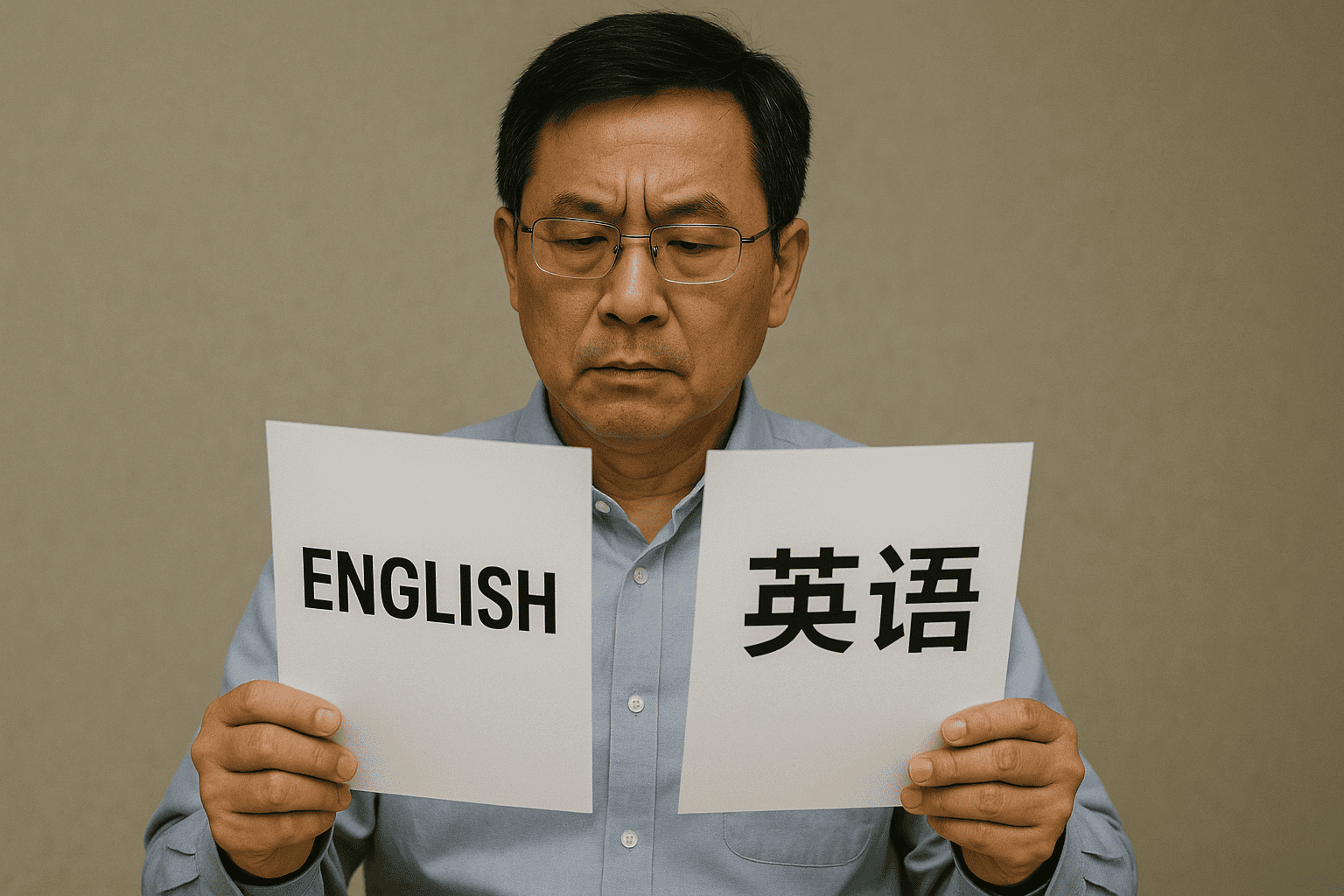The Chinese version of a trademark is more than a translation: it is often the perceived identity of the company on the local market. China recognizes the registration of this version as separate from the original name. Failing to protect it creates a major legal vulnerability.
Example
- Hermès was unable to use “爱马仕” for a long time.
- Pfizer had to react late to protect “辉瑞”.
A proper filing requires:
- a semantic translation (with a positive meaning),
- a phonetic transcription consistent with the original name’s pronunciation,
- an analysis of local connotations.
Infringers often use names that are only slightly modified (visually or phonetically) to benefit from the reputation of a foreign brand. However, Chinese courts base their rulings on the registrations recorded with the CNIPA—not on the brand’s international recognition.
The absence of a registered Chinese name can therefore lead to:
- a ban on use across Chinese e-commerce platforms,
- the inability to take action against a third party using a phonetically similar name,
- a loss of brand image and recognition in the local market.
Our team can help you create and secure your official Chinese name..







